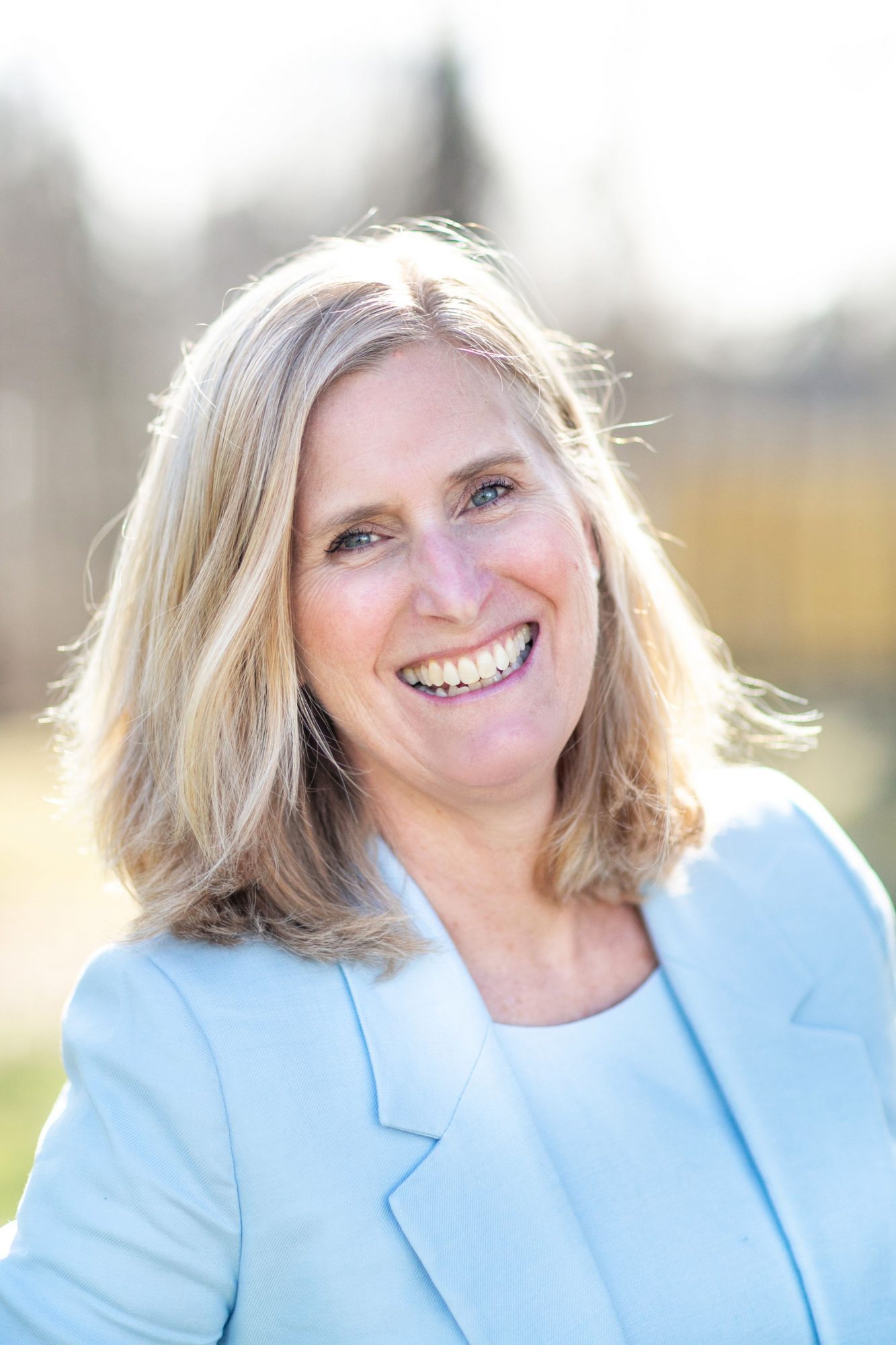LYNNFIELD — Superintendent of Schools Kristen Vogel has presented her goals to the school committee for the 2022-2023 school year.
Vogel began the presentation by telling the committee that the goals are aligned to the district strategy, the school improvement plan, and the superintendent’s rubric.
One of Vogel’s primary focuses in district improvement is providing a lense of equity.
“I will collaborate with the leadership team and educators to strengthen instructional practices with a focus on equity, social justice and diversity,” Vogel said. She also added that she will do that by identifying, revising, and updating “district policies, practices, and procedures to best support the increasing diverse needs of students and families and will provide leadership and teacher training on examining curricula and resources through an equity lens.”
Vogel said she intends to develop, expand, and improve programming for METCO (Metropolitan Council for Educational Opportunity) students and families.
Building relationships is another goal.
“I will continue to build strong relationships with the school committee and the teachers union while developing a high-functioning leadership team of administrators and principals through my continued participation through the New Superintendent’s Induction Program. This will strengthen me in my role as an effective district leader,” said Vogel.
Increased communications is also a high priority for Vogel, which she hopes will be accomplished through a new website, the School Internet Server (SIS), and Smores newsletter platform.
Vogel’s student-learning goal is to establish an increased presence in the classroom and community by engaging in regular school visits to ensure that students have access to the highest level of learning.
“I will observe classrooms with principals so that we can support and better align the evaluation process to help ensure teachers have the tools and resources to provide students with the highest quality of instruction,” said Vogel.
Other highlights of Vogel’s goals included examination of district needs; the identification of priorities and development of “widely-understood priorities; development of skills in the area of negotiations; strategy development; data analysis, budget, technology and institutional leadership.”
Vogel said another goal is providing support for professional development for the leadership team.
School Committee member Jamie Hayman said considering this was Vogel’s “first real year not in total crisis, just partial crisis, you know we’ve made a lot of progress.”
Hayman said he had two observations about the presentation – increased communications and thoughtful professional development to address non-academic deficiencies.
“Increased communication is really important and something that parents and the community are always asking for,” said Hayman. “The other … is how to address the needs that are beyond academic. We know there are going to be academic skill gaps but just getting them functioning and getting everyone working together, we’ve made a lot more progress than I thought we would.”
Fellow committee member Kate DePrizio was impressed with the way Vogel’s presentation depicted her accessibility.
“The other piece that strikes me was seeing all those pictures of you in the classrooms and you out in public,” DePrizio said. “It’s been such a joy to have you be so accessible. To see that is just wonderful.”
Committee Vice Chair Stacy Dahlstedt said the district faced additional challenges over the past year.
“You came in and hit the ground running (but) this year was just as, if not more, challenging than last year because you’ve had to balance multiple restrictions and meeting the changing and challenging needs of our students,” Dalhstedt said. She also noted the additional challenges that came with the elementary school building project, such as filling two key positions (Summer Street School principal and the new Athletic and Wellness district-wide K-12 director) as well as addressing diversity and inclusion issues and ongoing relationship building efforts.
“I also appreciate your effort to identify areas in need of improvement because there is always room for continued improvement,” Dahlstedt said. “You talk about your compass, the student’s being your compass, and that you’re always putting the student voice and student advocacy needs first.”
Vogel said she plans to step up efforts in that area going forward.
“I think you will see as I work on my goals for next year you’ll start to see more of my incorporating the student voice in my goals,” Vogel said. “That’s something that Kevin (Cyr) and I and the entire leadership team have been talking a lot about this year, so you’ll see that reflected in my goals for next year.”
Prior to the presentation, School Committee member Jamie Hayman outlined the goal-review process under the Massachusetts Model System for Educator Evaluation rubric, a comprehensive educator evaluation system designed by the Department of Elementary and Secondary Education (DESE), pursuant to the state’s educator evaluation regulation. He said over the next few weeks, each committee member will fill out evaluation forms for Vogel. The evaluations will be based “solely on what (Vogel’s) goals are.”
School Committee Chair Rich Sjoberg will then consolidate the information into one summary document, which will be presented for approval at the September meeting.
“That’s a very, very difficult job of pulling that all together,” Hayman said.
Magella Cantara can be reached at [email protected].

